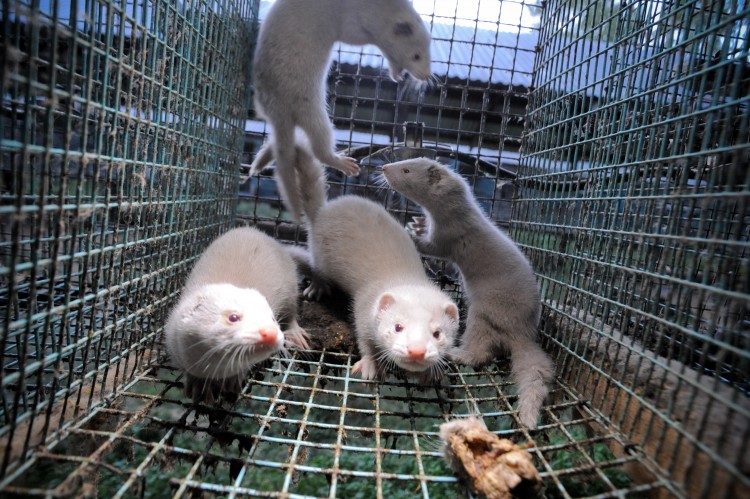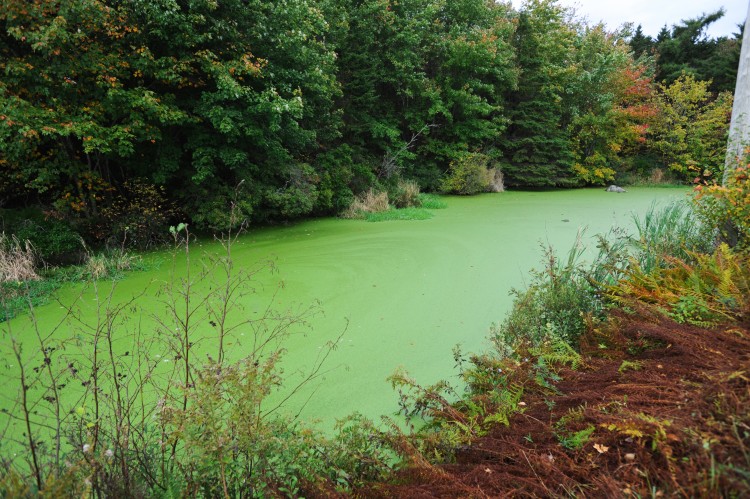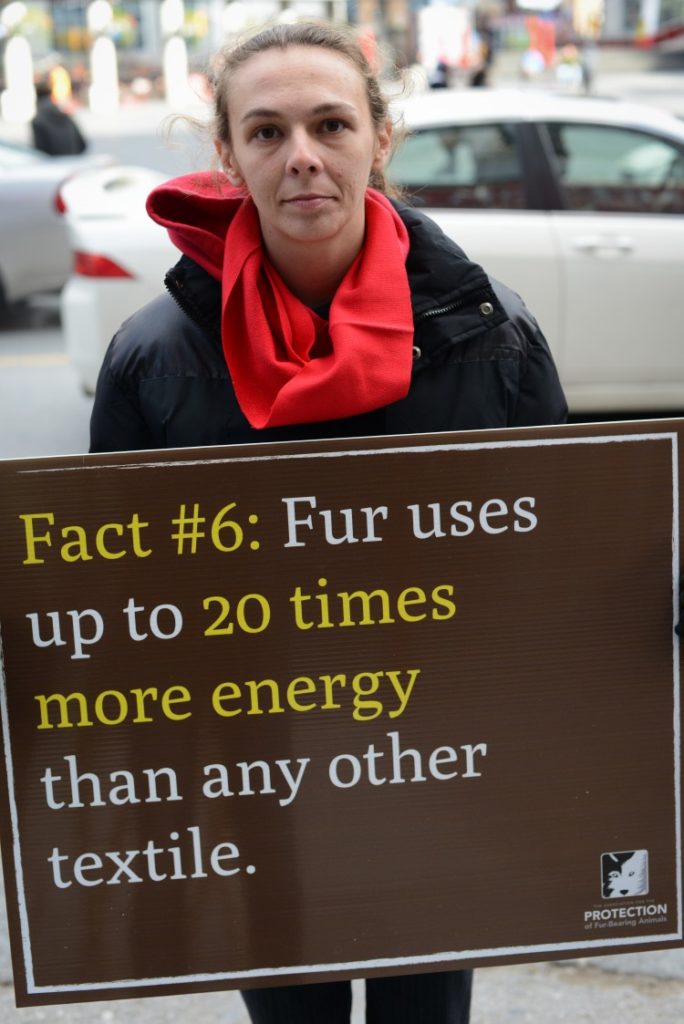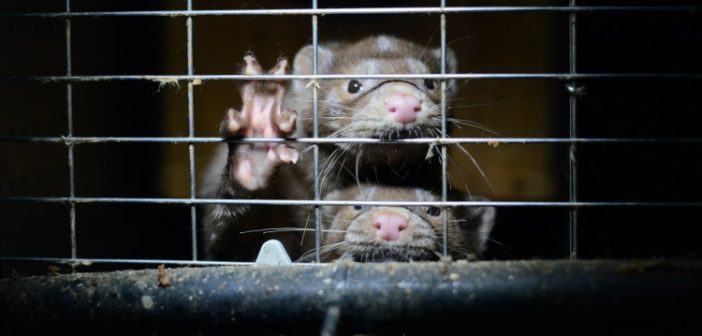
Greek Minister of Development and Investment, Adonis Georgiadis. Image via Youtube, CC BY-SA 4.0.
Recently, Greece’s Minister of Development and Investment, Adonis Georgiades, was visited by the Fur Federation of Greece. During this meeting, he made alarming statements endorsing fur production and incorrectly characterizing fur as more environmentally friendly than alternatives. In response, Greek animal protection organization Panhellenic Animal Welfare and Environmental Federation (PFPO) has sent the following letter to Mr. Georgiades.
Honorable Minister,
We were very surprised by your statements about the fur industry in Greece. You stated, “Real fur is one of the most renowned Greek traditional products. The fur industry significantly increases Greek exports and contributes to a reduction in trade deficit. Greek fur has a distinctive position in competitive international markets. Therefore, the Greek state should support people involved in the fur industry. I would like to stress that it is quite absurd that some people are against real fur while they promote faux fur. Faux fur destroys the environment, whereas real fur is part of the natural life cycle. That is the reason why I am very much in favor of real fur.”
First of all, you refer to real fur while ignoring the fact that hundreds of thousands of animals are killed for their fur because of human vanity.
You ignore the fact that farmed fur animals are wild by nature, but they suffer through miserable lives in tiny cages. They chew off their fur due to stress and exhibit cannibalistic behaviors, and finally die a violent death. The most common killing methods are suffocation, poisoning, electrocuting, beating and neck-breaking.
What about the ethical dimension of this issue? Do you ignore or gloss over it?

Several injured mink crowded into a small cage on a fur farm in Sweden. Image credit Jo-Anne McArthur / Djurrattsalliansen.
You appear to disregard the latest developments in Europe and around the world. Fifteen European countries have already banned or are phasing out fur farming. In other countries proposed legislation to prohibit fur farming is currently being considered.
Meanwhile, more and more famous fashion designers have removed fur products from their collections. In Greece, a campaign against fur in fashion is under way.
You display a complete lack of awareness of the environmental dimension of real fur. Scientific studies have revealed that real fur imposes significant adverse impacts on both the environment and human health. If you are interested in those studies, we can send them to you.

Toxic algae blooms in water near a mink fur farm in Canada. Image credit Jo-Anne McArthur / #MakeFurHistory.
Research reveals that pollution caused by fur farming and production continues at an alarming rate. Chemical substances, harmful to human health and the environment, are used in fur production.
Have you been informed that on June 2018, after receiving complaints, Kastoria Public Water Supply and Sewerage Company admitted that a water source in [the Greek village of] Dispilio was contaminated with tetrachloroethylene in high concentrations? Are you aware of the current fines on fur companies due to high concentrations of tetrachloroethylene and pollution of the subsoil and environment?
We would also like know if those fines have been paid. Have any regular inspections of the fur industry been conducted by the Greek state for the purpose of pollution prevention?

A demonstrator holds up a sign about the energy usage involved in fur production. Image credit Jo-Anne McArthur / We Animals.
According to your statements, there is no alternative to the use of fur. However, it has been proven by studies and analyses that the environmental footprint of fur is greater than other materials. Compared with other textiles, fur has a greater impact on 17 of 18 environmental issues, including climate change, eutrophication and toxic emissions. The use of alternative materials is vital for the protection of the environment and public health.
Finally, in relation to the economic dimension of the fur industry in Greece, we would like to inform you that Greek fur exports have been declining since 2012, even though the fur sector is state subsidized. The Western Macedonia District has the highest unemployment rate, as hundreds of jobs have already been lost in the fur sector, despite subsidies.
Therefore, we would advise you to set a tight timetable for phasing out fur farming and creating alternative economic activities for people occupied in the fur sector. We would like our country to be a progressive and developed country, and we would like Greek citizens to respect fundamental ethical values.
Yours sincerely,
Panhellenic Animal Welfare and Environmental Federation
Featured image: mink look out from a cage at a fur farm in Canada. Image credit Jo-Anne McArthur / #MakeFurHistory.





